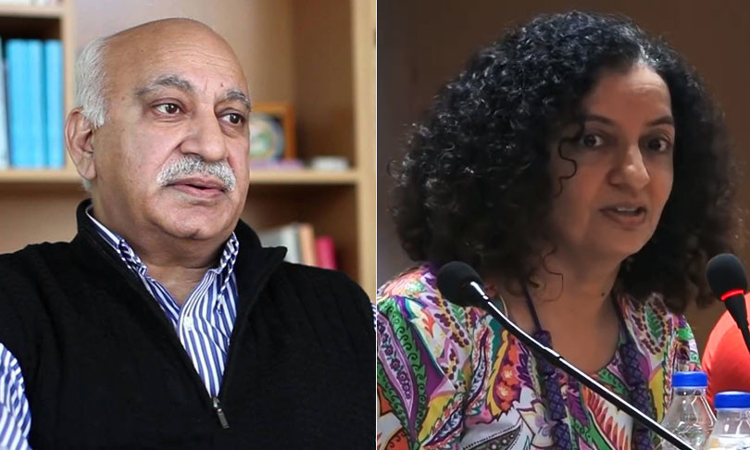The Courtroom battle in the criminal defamation case filed by complainant, Former Union Minister Mr. M.J. Akbar against journalist Ms. Priya Ramani continued today before a Delhi Court judge, Additional Chief Metropolitan Magistrate, Ravindra Kumar Pandey. Senior Advocate Geeta Luthra continued her rebuttal arguments against the accused, Ms. Ramani in the matter. The case is currently on...

